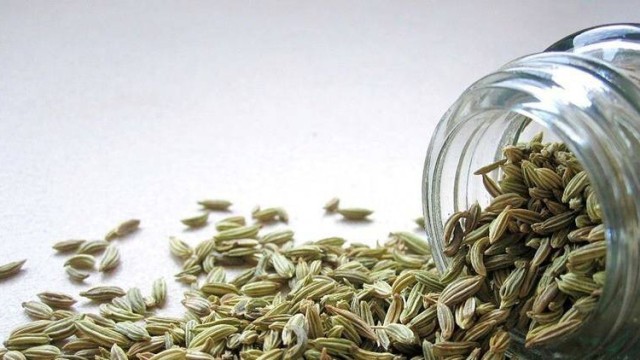
The incidence of Hyperthyroidism In Children has increased over the years. Parents, watch out for the signs and symptoms of Hyperthyroidism in your child.
If your child is experiencing a sudden increase in appetite as well as inexplicable weight loss, consult a doctor immediately. These are possible symptoms of hyperthyroidism, which happens when the thyroid gland produces too much thyroid hormone. It is a rare but serious disorder that can cause a developmental delay in children if left untreated.
"Hyperthyroidism has begun to increasingly plague young children's lives in the last few years. Even though it occurs in only 1 in 5000 children, the number of incidences has increased over the years. Even though it may sound fearful, especially to parents, it needs to be borne in mind that hyperthyroidism in children can be managed and is treatable, without hampering their quality of life," said Dr. Krishna Prasad J R, Consultant Paediatrician, Motherhood Hospitals, Electronic City, Bangalore.
the expert threw further light on hyperthyroidism in children, including causes, symptoms, and treatment.
Understand Hyperthyroidism
Thyroid problems occur when the thyroid gland which is situated in the neck secretes either too less or too much thyroid hormone in the bloodstream. As a result of which, the body uses up energy faster than it should, and chemical activity like metabolism paces up in the cells of the human body. A condition where the thyroid endocrine gland makes more thyroid than necessary is termed hyperthyroidism.
Causes of Hyperthyroidism in children
Healthcare experts believe that the most common reason why children develop hyperthyroidism is because of an auto-immune condition called Grave's Disease, as a result of which the body produces antibodies that are higher than usual in number which stimulate the thyroid gland to such an extent that it makes an excess of thyroid hormone.
Hyperthyroidism can also be caused because of inflammation of the thyroid gland which results in excessive secretion of thyroid in the blood. Hyperthyroidism caused by such an inflammation usually gets better on its own, however, it is capable of permanently damaging the thyroid gland.
The formation of growths such as thyroid nodules in the thyroid gland can also cause hyperthyroidism. These nodules are big and can be felt physically when touched. However, these are benign.
Symptoms of Hyperthyroidism in children
Hyperthyroidism in children can be tricky to identify, however, it can present itself in the form of various symptoms like:
• An increased heartbeat.
• Feeling faint
• Feeling puffy all over the body with bulging eyes.
• Enlarged thyroid gland
• Sudden increase of appetite, but also losing weight
• Feeling over energetic and poor concentration levels
• Excessive sweating
• Insomnia or sleeping more than usual
Treatment of Hyperthyroidism in children
Hyperthyroidism in children is essentially treatable and the treatment plan usually includes three options to choose from based on multiple factors:
Anti-thyroid Medicine
An anti-thyroid medicine is usually administered to bring down thyroid levels. Along with this, other medications are also prescribed to manage thyroid-induced symptoms. An anti-thyroid medicine usually continues for approximately two years, even after medication is over, the patient is monitored to decrease the chances of a possible relapse.
Surgery
A simple surgical procedure can help treat thyroid problems in children, depending on their condition, a part or whole of the thyroid gland. This procedure is medically termed a thyroidectomy. Post-surgery, your child may have to be prescribed certain medications to substitute thyroid hormones in the body.
Radioactive Iodine Therapy
Under this procedure, the patient will have to swallow radioactive iodine which is harmless for your kid as it is absorbed completely by the thyroid gland. This therapy helps in shrinking thy thyroid gland to decrease hormone production. It, however, does not harm the tissues of the body or any other organ for that matter. This therapy has proved successful in treating hyperthyroidism completely. Post-treatment, your child may have to take some medication temporarily to balance hormone levels to prevent hypothyroidism, a condition which is characterized by low secretion of thyroid hormones.
A very important message for parents
"Hyperthyroidism usually never goes away on its own and requires medical intervention. In case you suspect that your child has a thyroid problem, it is best to consult a doctor immediately, to help manage your child's symptoms as well as treat the disease. Thyroid treatment plans have a very high success rate and your child can go ahead and live a wonderful and healthy life," concluded Dr. Krishna Prasad.
In case you have a concern or query you can always consult an expert & get answers to your questions!

 Healthy habits help people sidestep clogged leg arteries
Healthy habits help people sidestep clogged leg arteries



